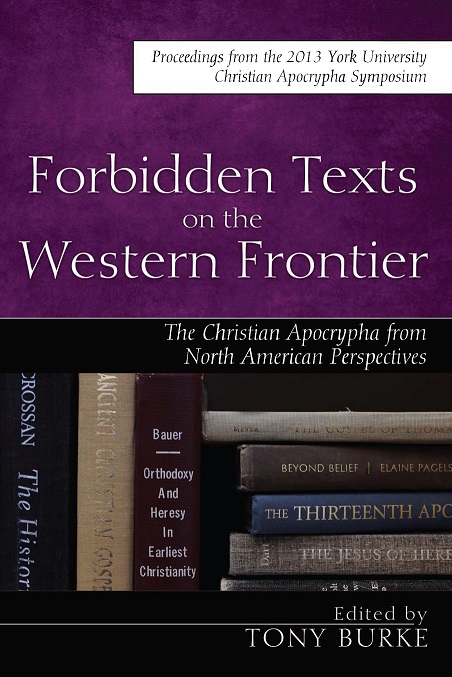2015 York Christian Apocrypha: A Postmortem (Part 3)
Part of the mandate of the Symposium series, from its start, is to respond to the widespread interest in the Christian Apocrypha and reach out to the wider public. Indeed, that’s why also we publish the proceedings with Cascade, so that we can keep the price of the volumes relatively low. And that’s why we began the series in 2011 with the Secret Gospel of Mark, a text somewhat well-known outside of scholarly publications. Our efforts to bring in non-scholars included scheduling an evening session featuring a panel of four Secret Mark scholars (Scott Brown, Craig Evans, Peter Jeffery, and Marvin Meyer) for an informal Q and A session. The session was promoted off-campus with flyers to local libraries and a media package sent to local radio and newspapers. Anticipating a strong response, we booked a large lecture hall; we were disheartened to see that perhaps only a handful of people attended the event (above and beyond those who were present also throughout the day). The low turnout can be attributed, to some extent, to York’s location—the campus is situated north of the city and can be intimidating to navigate for outsiders. Schedule an event downtown and the situation would be very different.
In 2013 we changed tactics somewhat and asked Annette Yoshiko Reed to deliver a keynote address. The tone of the 2013 Symposium was more scholarly (it was a “state-of-the-art” for CA research in North America), so we did not try to promote the event off-campus. But …









